We're so excited to present this week's interview with 18-year-old filmmaker Harrison Allen. Harrison's film The Yellow Block (2015) screened at nine festivals including the Texas Independent Film Festival and Laguna Film Festival. His second film, Meant for More (2016), screened at the Bonita Springs International Film Festival and the UK Screen One International Film Festival. Harrison is currently working on three other films to be completed: Gluebags, Dawson, and Of Grief and Guilt. Without further ado-- the talented, Harrison Allen!
|
|
Tell us about yourself:
I’m 18 years old, I’ve been homeschooled for the past six years, and I live in Bethel, Vermont. Film related activities take up most of my free time but I also play sports and participate in the drama for the local high school. Directing and screenwriting have always been my focus but I’ve recently been drawn to producing as well. How did you get into film/media production? A lot of filmmakers will tell you that they watched an amazing movie that pushed them to begin creating films of their own. I found myself in a similar situation except instead of seeing a great film, I saw a very poorly made short film posted online by a college student. I immediately thought to myself, “I can tell a better story than that.” and set out to do just that. I had been interested in film for a few years but had never considered making narrative films until I saw that film. |
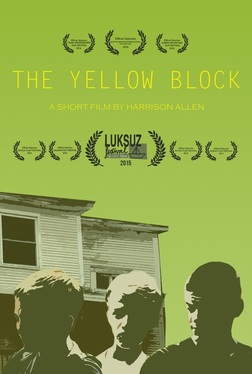
When I first committed to the idea of creating a film, I had no production equipment whatsoever. I started an Indiegogo campaign to raise money for rentals. I also knew a few students in a high school film program and was able to borrow some equipment from them. We were able to reach our fundraising goal and were able to get everything we needed.
I also read a lot of books on film history, director biographies, lighting, editing, and directing. The more I read, the more comfortable I felt in the director’s chair. They definitely helped and have had a large impact on my films both from technical and creative standpoints. Some of the books that I felt I learned the most from were: Directing by Michael Rabiger and Mick Hurbis-Cherrier, In The Blink Of An Eye by Walter Murch, Painting With Light by John Alton, Rebel Without A Crew by Robert Rodriguez, and The Art of Character by David Corbett.
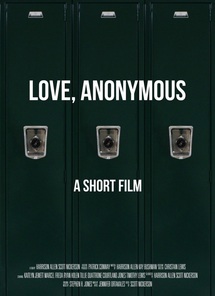
I attempted to direct my first short film, Love, Anonymous in early 2014 and quickly found out I had gotten in way over my head. We filmed 27 pages of script in two days. We had 10 key cast members, 10 crew members, 45 teenage extras and also used a multi-camera setup. We made a lot of mistakes, mostly caused by inexperience, that made the post-production process much more difficult. It still isn’t completely finished. I took a year off from making films to refine my directing ability. I came back with a better understanding of the role of the director and shot my short film The Yellow Block in June of 2015 and shot both Meant For More and Dawson a few months later. I’m currently in the midst of writing about half a dozen screenplays and will soon choose a project to pursue for my next short hopefully to be shot late this coming summer.
I think getting my ideas and screenplays off the ground and into production has been the hardest challenge for me. Finding the money to put my story on the big screen has always been a struggle. Once I’m in production, everything runs relatively smoothly and according to plan. However, getting to that point is difficult. It takes money to produce a film and as a high school student, money can be fairly scarce. I would love to be able to create high budget films with great visual effects, intricate camera moves, crazy locations, and extensive production design but it just isn’t plausible for me at this stage in my career. Instead, I focus my energy on what I have and create stories around that. By writing films that involve actors, props, and locations I already had access to, I was able to create my films on very small budgets ($50-$250).
I would eventually like to have the option of creating my more ambitious projects. I feel that not worrying about a budget would give me more creative freedom but for now, these low-budget films are great way for me to express myself without using many resources.
"I’m a fan of creating raw and real films that ordinary people can relate to especially dealing with scenarios that people are ambivalent about"
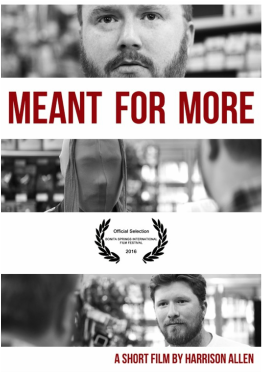
Someone once told me, “Our main purpose as filmmakers is to make people feel human.” That’s become my main motivation behind creating films. Whether my films make audiences happy, sad, or scared, knowing that something I made impacted someone like that makes the whole process worth it.
From the time I was very young, I knew I wanted to tell stories. For the longest time, I tried telling them through books. Something about it didn’t seem right and I was never able to convey the exact story I wanted to tell. I would have this movie playing in my head but wouldn’t know how to convert it into words. When I discovered film I realized I could visually create an exact copy of the movie playing inside my head.
I prefer to tell stories that take place in worlds anyone could conceivably find themselves living in. I’m a fan of creating raw and real films that ordinary people can relate to especially dealing with scenarios that people are ambivalent about.
Who/what are you inspired by?
Most of the ideas for my films originate from thoughts that come to mind randomly. Brainstorming sessions aren’t very productive in my process. Reflecting on things that I’ve read about or seen, whether it’s graffiti on a wall or a national news story, usually sparks a story. If I get stuck on a scene, I’ll step away until the solution comes naturally.
The idea of creating films first crossed my mind when a friend of mine showed me Wes Anderson’s Rushmore. Something about it gave me the urge to create. Wes Anderson has remained one of my favorite directors since then. I also enjoy directors Louis Malle, Robert Bresson, François Truffaut, Tom Hooper, Jean-Luc Godard, Jacques Demy, Guillermo Del Toro, Lars Von Trier, Roy Andersson, Sylvain Chomet, and Charlie Kaufman.
"A solid story will carry a film whether it was shot on a cinema camera or an iPhone."
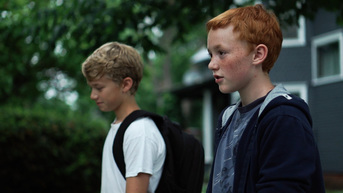 Still from The Yellow Block
Still from The Yellow Block
My plan is to go to college in the fall and study Film and Television Production. I’d like to take my filmmaking to the next level and I believe that college is the first step. I’ve applied to Chapman Univeristy, LMU, NYU, RISD, SCAD, Emerson College, and Champlain College.
What advice would you give to other aspiring young filmmakers?
Focus on telling a compelling story using every tool in cinema. Tell your story not just with writing but also with sound, directing, cinematography, editing, acting, and light. A solid story will carry a film whether it was shot on a cinema camera or an iPhone.
Also, don’t get discouraged. You will have to face rejection many times in this industry and it can be extremely daunting. Nobody likes to pour their heart into a project and then get the door slammed in their face but it is inevitable. Don’t let it get to you, focus on your work and how you can improve. Confidence in yourself and your artistic abilities is key.

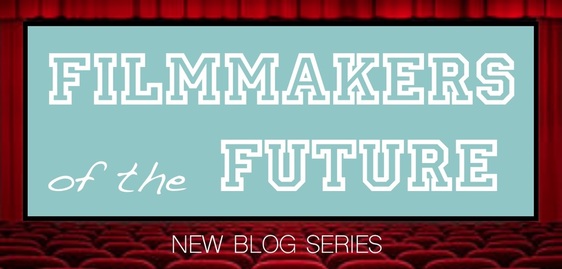
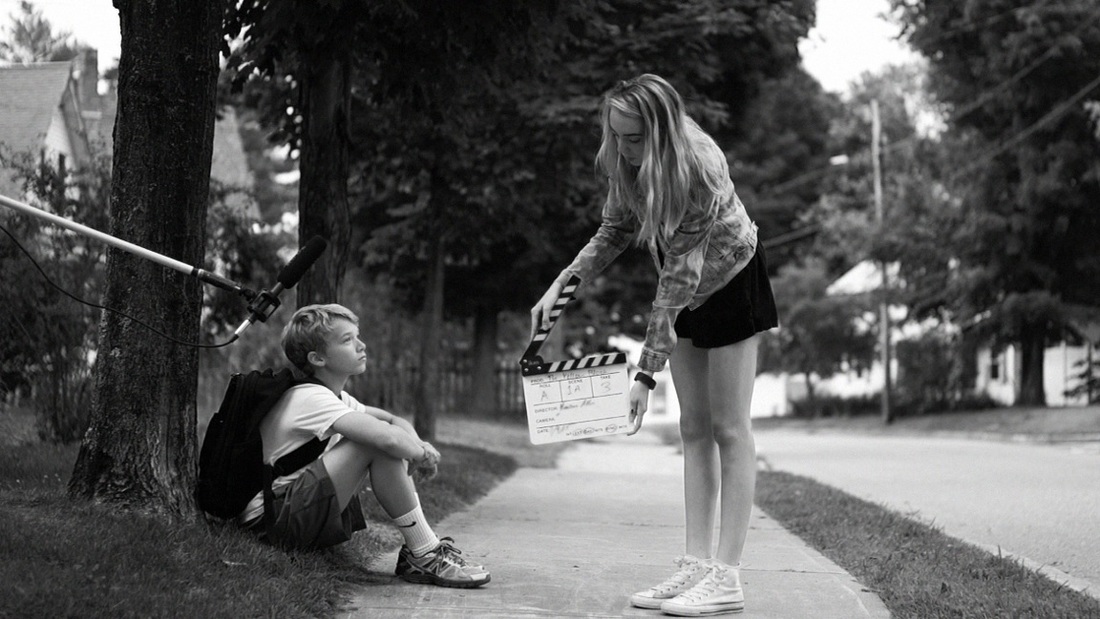
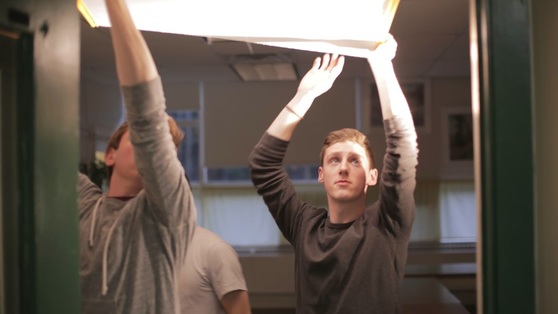
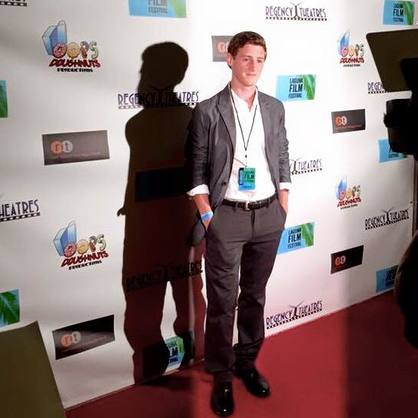
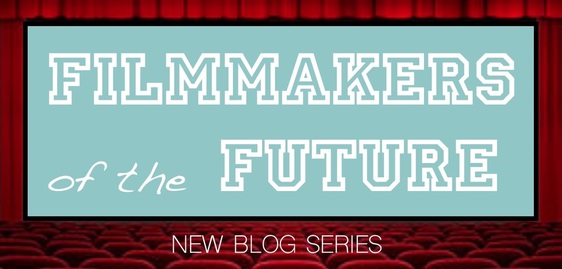
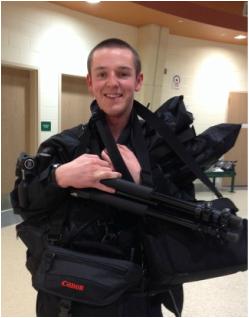
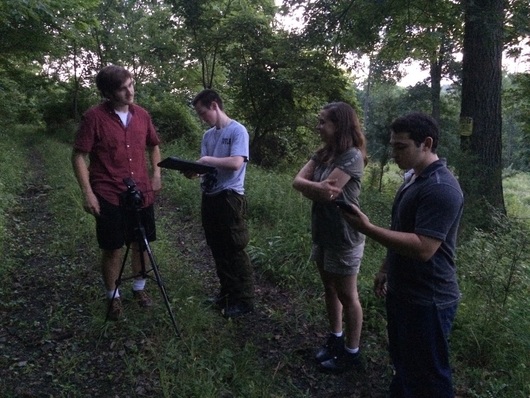
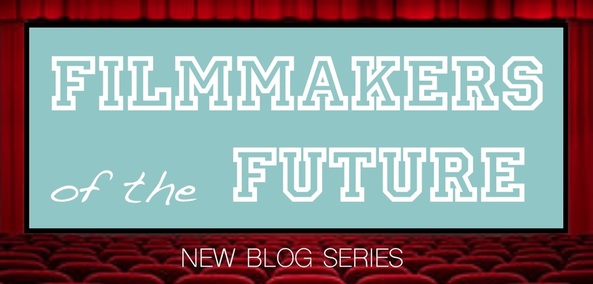
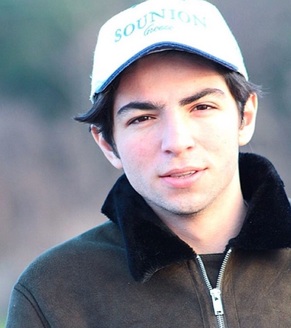
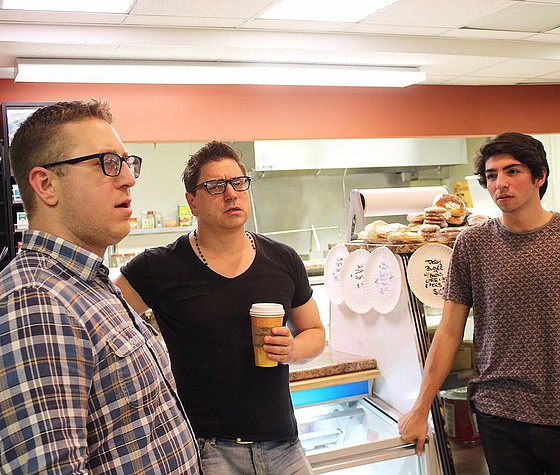
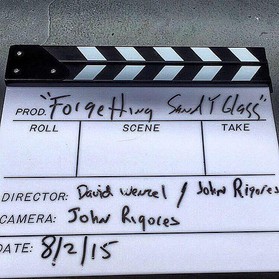
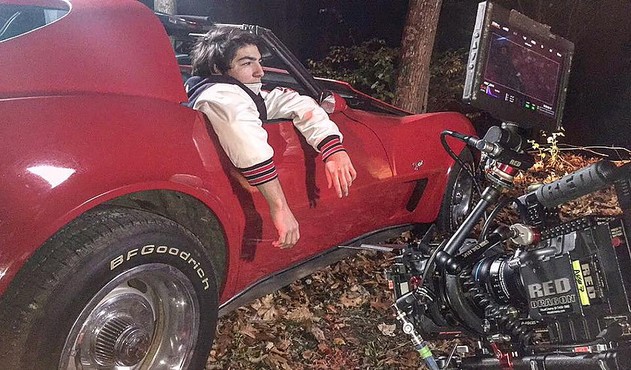
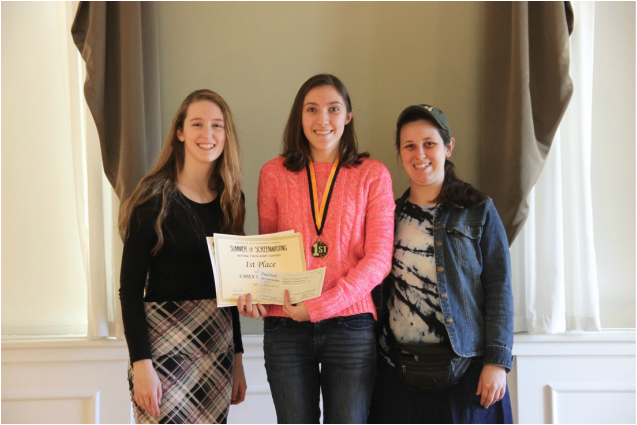
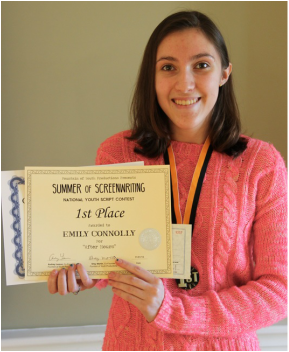
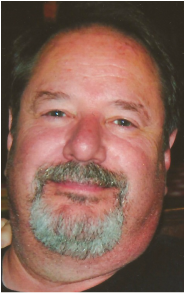
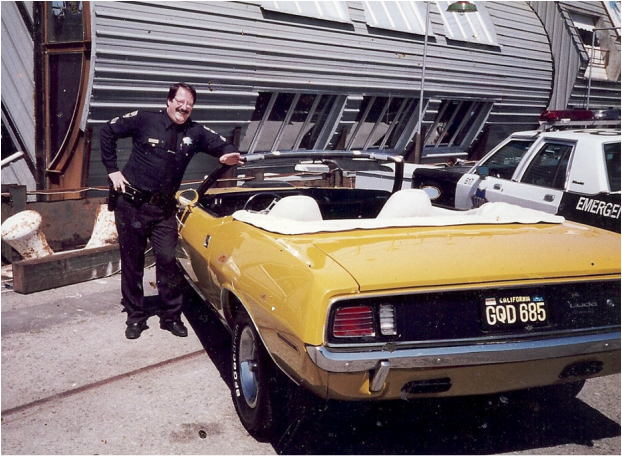

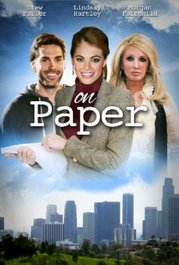

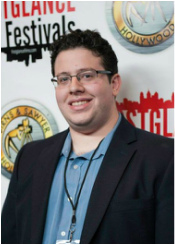
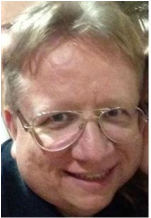

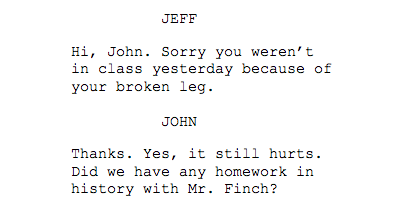
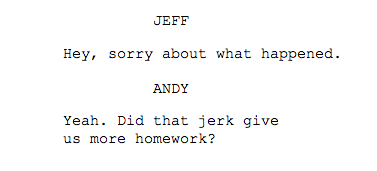

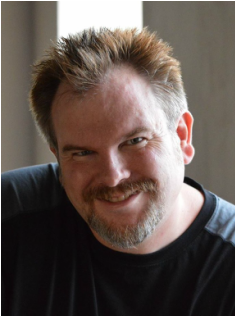
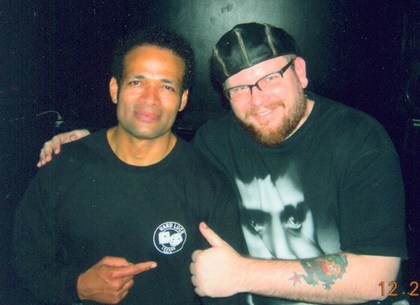
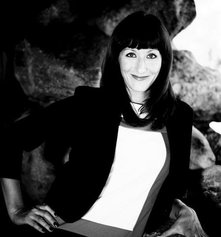
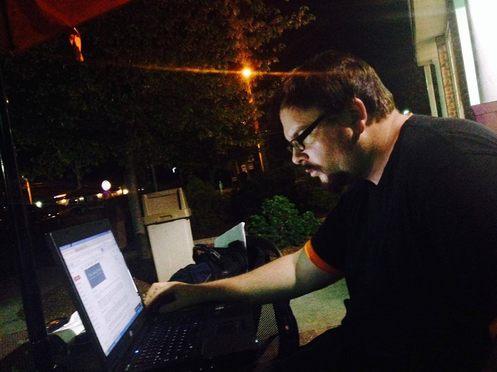
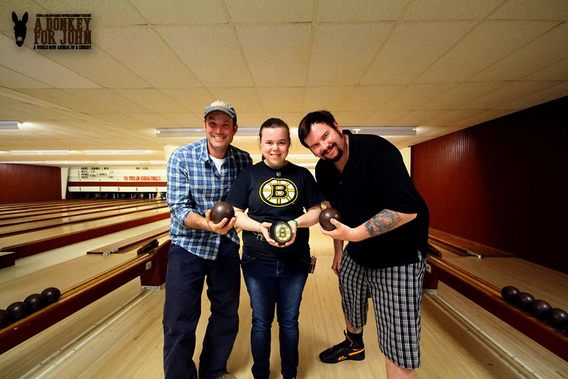
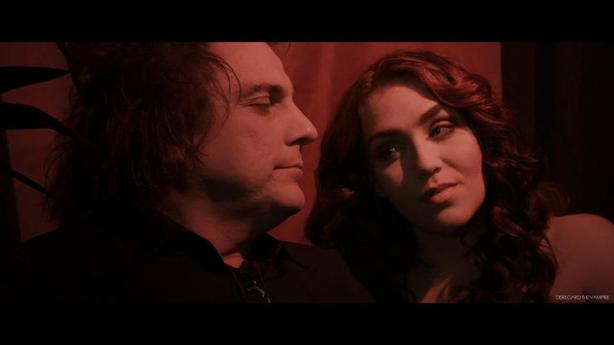
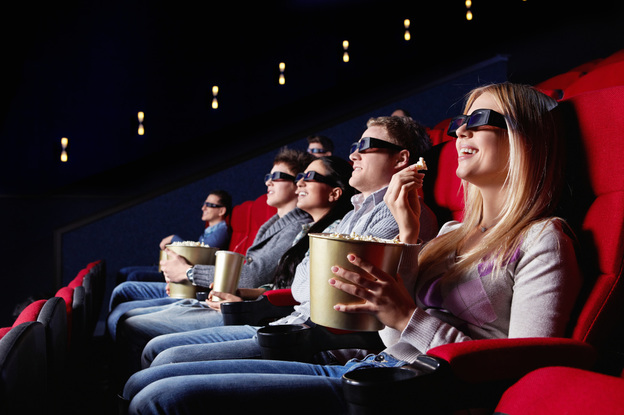
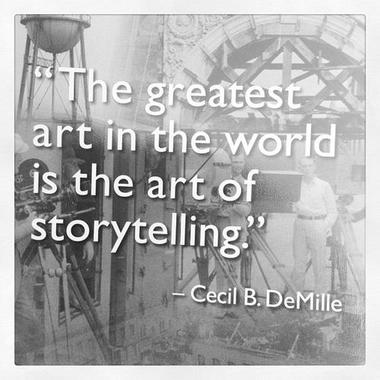

 RSS Feed
RSS Feed
